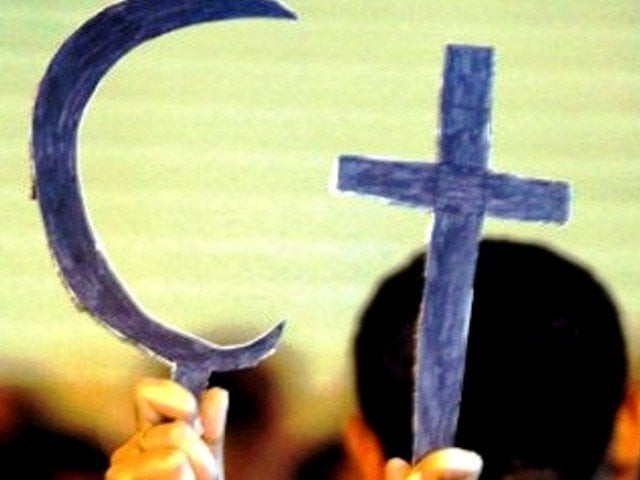First time ever: Non-Muslim tribal elders appointed in Khyber Agency
Lungi holders will be authorised to attest domicile documents, represent their communities in official jirgas.

Lungi holders will be authorised to attest domicile documents, represent their communities in official jirgas. PHOTO: AFP
The British used to award the traditional head covering to those who contributed towards maintaining law and order and establishing the coloniser’s writ in tribal society. Following independence, colonial administrative particularities were refashioned by the Pakistan government. Today, lungi holders serve as mediators between the state and the tribespeople. They are authorised to attest domiciles, Computerised National Identity Card, passport and education stipend documents. In turn, these elders receive some perks and privileges from the government – in addition to carrying considerable clout. They are entitled to attend official jirgas with the Khyber-Pakhtunkhwa governor as well as the president and prime minister.
Read: Tehsil council: Hindu elder elected unopposed in Topi
A question of inclusivity
A sizeable non-Muslim population has largely remained marginalised in the tribal heartlands for years. Although adherents of different faiths have been part of the historical fabric of the tribal areas, the question of inclusivity has always existed and radicalisation had only worsened problems.
Following the historic announcement, in customary terms, minorities have officially been recognised as part of the Federally Administered Tribal Areas.
The Khyber Agency political administration took the leap following directives issued by Governor Sardar Mehtab Ahmad Khan. Back in April, Mehtab okayed a summary that allowed non-Muslims domicile and property rights. He had also assured social activists and minority representatives of granting lungi holder status to non-Muslim tribesmen.
Formalising an identity
According to a communiqué issued from the Peshawar DC office on April 28, Gurmeet Singh, Narinjan Singh, Wilson Wazir and James Michael were to be added to the list of lungi holders. The decision has now formally been announced by the political administration.
“It is a momentous achievement. After struggling for years we will now finally be treated as equals in Fata,” said Wazir, talking to The Express Tribune. An estimated 2,500 Christians reside in two subdivisions of Khyber Agency. “We now have an identity – a tribal one.” He said it was time the same is extended to other administrative units of the tribal belt.
Amongst a host of other challenges, tribal non-Muslims earlier could not obtain domiciles because there was no one who could attest their documents, he said.
Read: Non-custom paid vehicles: Tribal elders flay crackdown in Landikotal
“Some official process is still incomplete. The domicile form does not have a section for non-Muslims.” The newly-appointed elder said the government has assured all necessary paperwork will be complete by the end of Ramazan.
Before Lashkar-e-Islam rose to power in Khyber Agency, Sikhs had been living there for centuries. Families started leaving the agency in droves, for what they considered ‘safer’ homes – Peshawar and even Karachi in Sindh.
The Jogan Shah Gurdwara saw a revival as did several trade businesses in the city of flowers.
However, 2014 became the year Sikhs were ruthlessly targeted in Peshawar and surrounding districts.
Displaced
After Operation Zarb-e-Azb started in 2014, being a non-Muslim meant the displaced families from North Waziristan had to deal with a separate set of problems. Some of these exacerbated by the lack of a lungi holder to attest to their status. By July, at least 165 families from other faiths had to leave the agency. According to NADRA’s data, 114 Christian, 29 Hindu, 10 Baha’i and 4 Buddhist families were among those displaced.
Read: Tribal elder, five others killed in IED blast in Bajaur
Those with dual addresses on their ID cards were hit the hardest. There are many Christian families with their permanent and current address of Punjab. These people were denied registration for ration, despite having lived in the agency for generations.
Published in The Express Tribune, July 12th, 2015.


















COMMENTS
Comments are moderated and generally will be posted if they are on-topic and not abusive.
For more information, please see our Comments FAQ